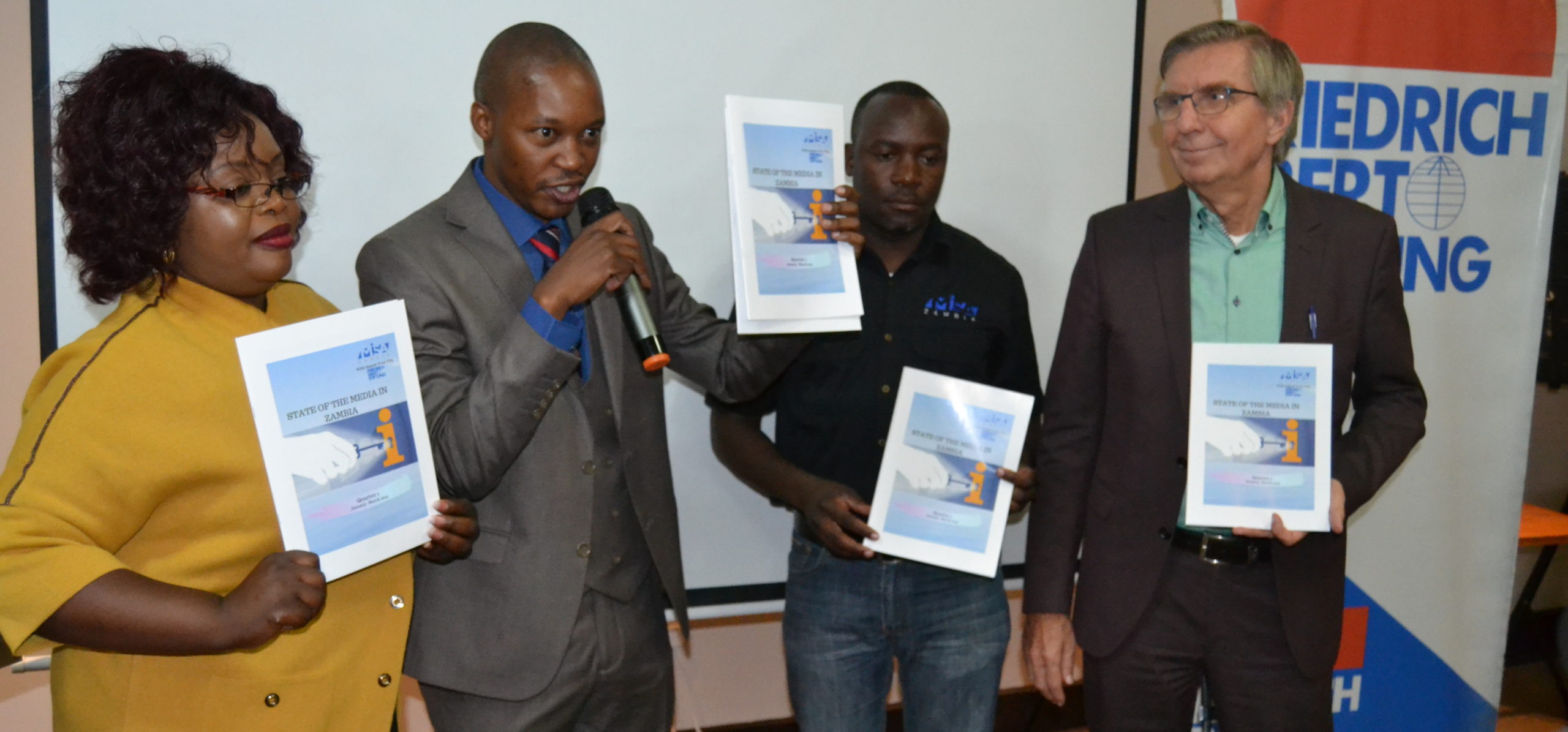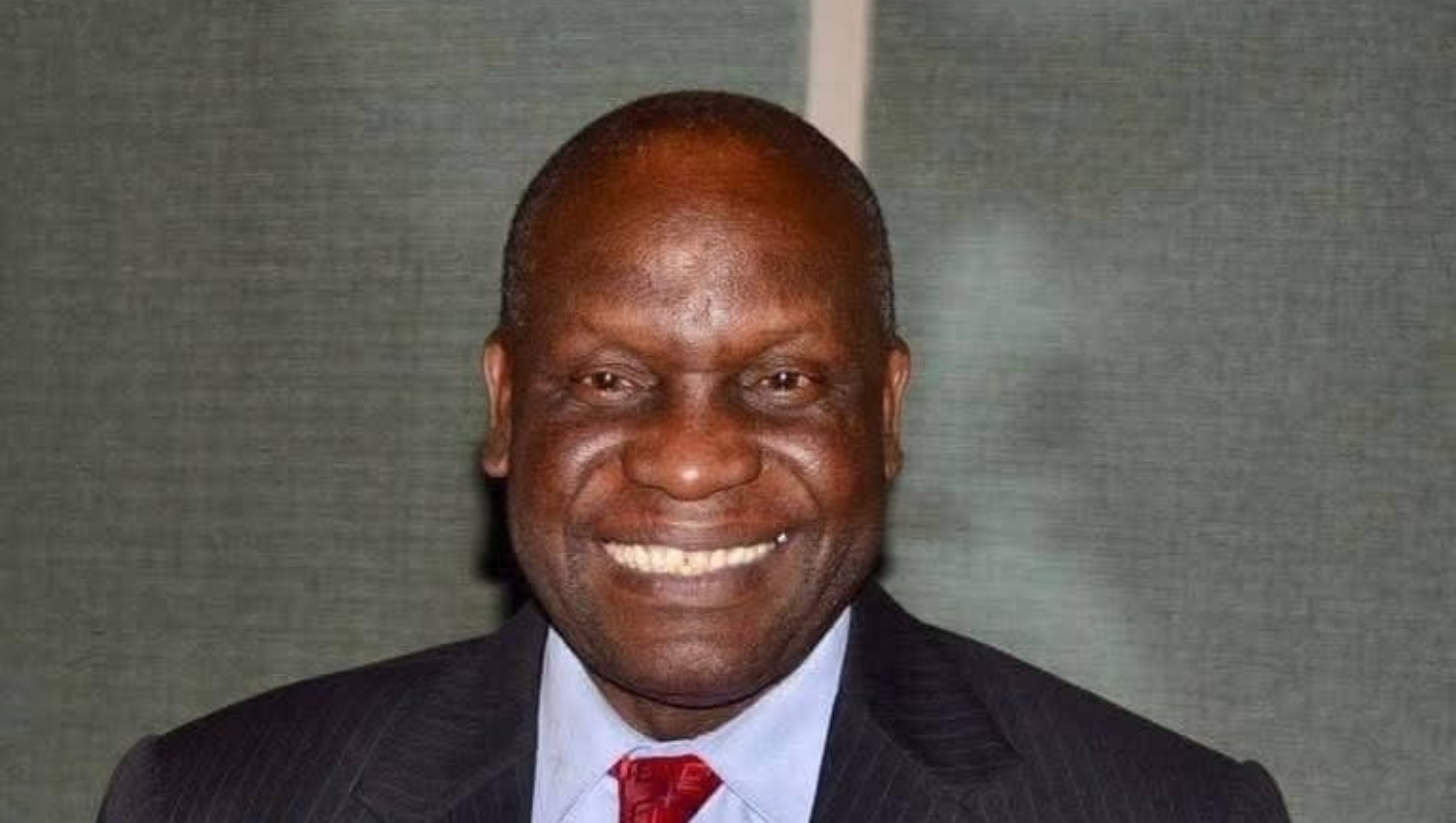MISA Zambia has today launched the State of the Media Report for the 1th Quarter of 2019 in Lusaka with calls to increase coverage on matters that relate to Access to Information (ATI) legislation and its presentation to Parliament.
Speaking during the launch, MISA Zambia Chairperson Hellen Mwale says freedom of expression and opinion, transparency and access to information are prerequisites for democratic societies, where the rule of law applies and where everyone’s human rights are respected.
Below are some of the highlights from the State of the Media Report for the 1th Quarter of 2019;
- Suspension of Prime TVs broadcasting license;
The IBA said Prime TV had exhibited unprofessional elements in its broadcasting through unbalanced coverage, opinionated news, material likely to incite violence and use of derogatory language.
- Threats by government to self-regulate or face statutory regulation
The calls for self-regulation have culminated into the media overwhelmingly resolving to adopt a statutory self-regulatory framework.
- The approval by cabinet of the ATI
Minister of Information and Broadcasting Services, Hon. Dora Siliya announced that cabinet had approved the Access to Information Bill.









